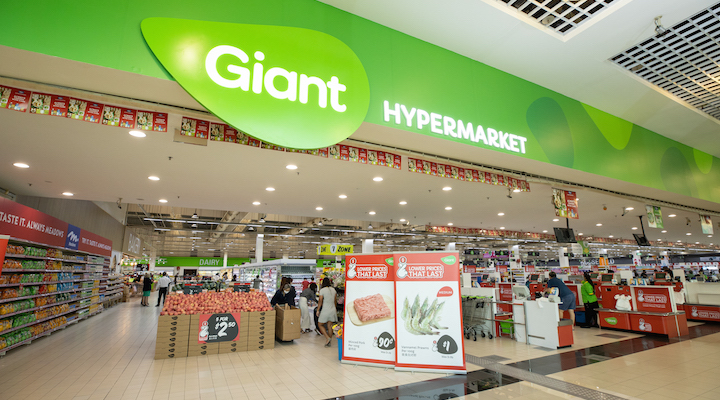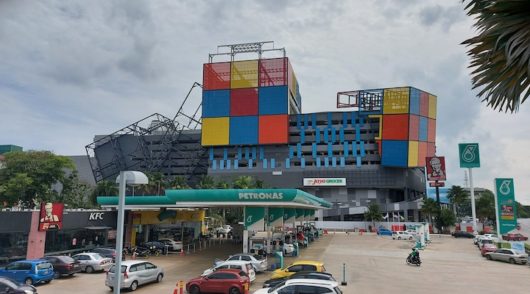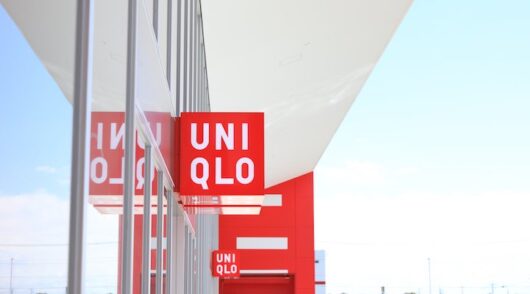Dairy Farm International says its third-quarter performance continued to be “significantly affected” by the Covid-19 pandemic and underlying losses reported for key associate, Chinese supermarket chain Yonghui.
In the corresponding period last year, DFI benefitted from panic buying from consumers in its key Asian markets, including Hong Kong, Singapore and the Philippines concerned about long lockdowns and shopping restrictions. It also received government support in multiple markets as compensation for seriously impacted trading restrictions.
With those factors gone, like-for-like sales across the grocery retail businesses – which includes Wellcome in Hong Kong, Giant in Malaysia and Giant and Cold Storage in Singapore – were predictably down year on year “as customer buying behaviours continued to normalise from a high sales base,” the company said in a management statement.
“Third-quarter profitability for the division reduced compared to the same period last year, due to a combination of lower sales and the absence of government subsidies.”
A more accurate reflection of Dairy Farm’s performance is gained by comparing third-quarter performance between the 2019 year, pre-Covid, and this year. That shows strong growth in underlying profitability, showing the company’s progress on transforming the business under the leadership of CEO Ian McLeod is paying dividends.
Meanwhile, sales in the convenience store division – including 7-Eleven in Singapore, Hong Kong and Macau – reported strong growth, however, like-for-like sales were down in Southern Mainland China and Singapore, due to the Covid-19 impact.
DFI reported that underlying profitability in its convenience division and its health and beauty business – which includes Guardian and Mannings – improved relative to the first half of the trading year.
Sales in the home furnishings business – DFI owns the Ikea businesses in Hong Kong, Macau, and Indonesia – reduced compared to the equivalent period last year, largely due to government restrictions on store trading and ongoing supply chain disruptions. Overall profitability for the division was lower, due to a combination of higher expenses for new store openings, lower profitability in Indonesia – where government restrictions on trading were most severe – and the sales impact from lower levels of product availability.
On a more positive note, the profitability of Maxim’s, the group’s 50-per-cent-owned joint venture, which runs Starbucks business in Hong Kong, Macau, Vietnam, Cambodia, Singapore and Thailand – grew in the third quarter compared to the same period last year, due to stronger levels of restaurant patronage.
Yonghui’s third-quarter sales were up year on year, but increased competition continued to substantially impact margins and profitability. Robinsons Retail in the Philippines reported strong net income growth in line with continuing improvement of the country’s economy.
In its statement, DFI said it expects the remainder of this year to be “challenging”.
“Despite the ongoing challenges posed by Covid-19, the group remains encouraged by the momentum of its multi-year transformation and is confident that it is delivering sustainable improvements to the business over time which will drive medium- to long-term growth.”






